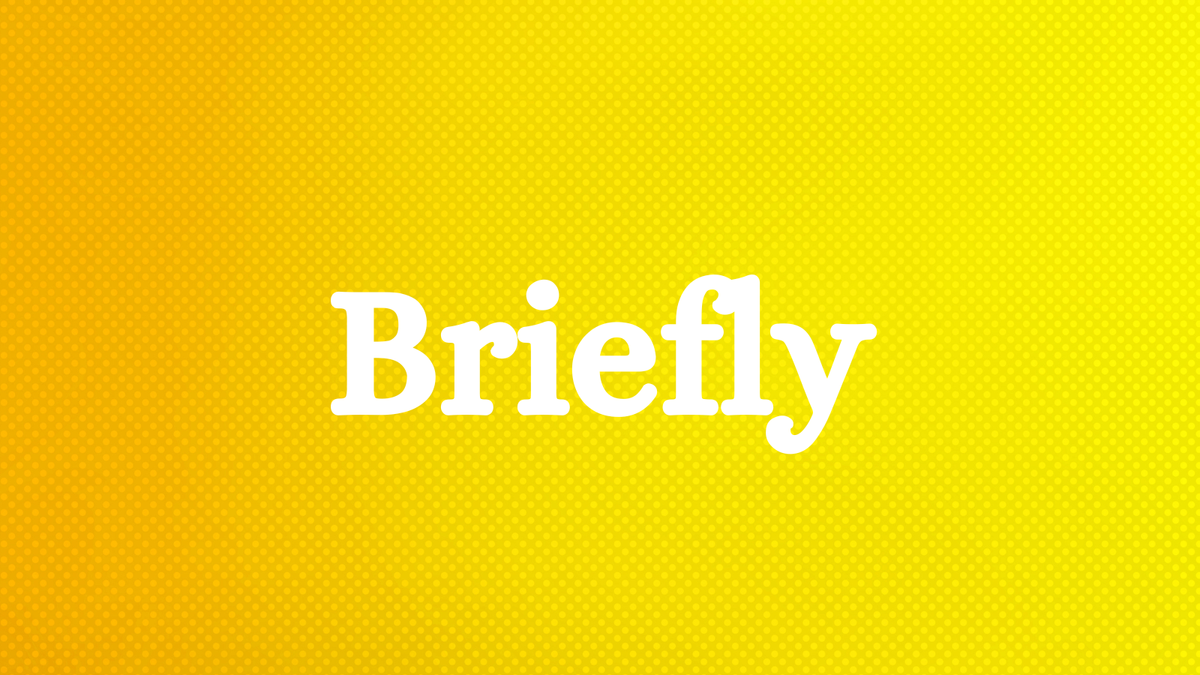The Most Cashless Country on Earth Says We Shouldn't Go Cashless
Nick Corbishley at Naked Capitalism


At a time when the dominant narrative around cash is that its demise is all but inevitable, as well as broadly desirable, the 2024 payment report by Sweden’s Riksbank may offer a cautionary tale.
In October last year, in More Good News for Cash in Europe, More Bad News for Digital Dollar in US, we reported that recent developments suggest that the trend away from cash and toward purely digital-only payment systems may not be quite as smooth or as seamless as some may have wished or expected. One of the developments we highlighted in that report was growing concern among central bankers and politicians in Sweden, one of Europe’s most cashless economies, about the unintended consequences of driving cash out of the economy:
Even by late 2020, Sweden had less cash in circulation than just about anywhere else in the world, at around 1% of gross domestic product, according to the latest available data. That compares with 8% in the U.S. and more than 10% in the euro area. As a recent piece in Interesting Engineering notes, Sweden is already “officially cashless”:
Cash is never needed, not even for small purchases like hot chocolate at a Christmas market in Stockholm. All vendors have a mobile payment chip-and-PIN card reader like the one offered by Stockholm-based mobile payments company iZettle, or they accept payments through the mobile application Swish. Swishing is perhaps the easiest way of payment for everyone.
The Risks of Going Fully Cashless
But now the country is beginning to realise that an almost exclusively digital payments system comes with significant risks, especially at a time of heightened geopolitical tensions. In time-honoured fashion, the article in the UK Telegraph began with a spot of fearmongering about Vladimir Putin.
“People started to realise that it is very easy for Vladimir Putin to switch everything off,” Björn Eriksson, a retired police chief, former head of Interpol and leading cash advocate, told the Telegraph. “At first we were arguing for vulnerable people, the elderly, women in abusive relationships who rely on cash… Now we are talking about national security. And it’s not only Putin, it could also be organised crime.”
In 2021, the Riksbank, Sweden’s central bank (and the world’s oldest), introduced a new directive obliging the country’s six largest credit institutions to continue providing their customers with certain basic cash services.
But while that may have meant that people in Sweden can continue to access cash from their local branch, it is becoming increasingly difficult to use it as fewer and fewer retail businesses accept notes and coins.
This is partly due to the greater convenience of handling digital payments while the card processing fees are substantially lower than the US. But it is also because most Swedes, including many pensioners, prefer to use cards or mobile payments. As a baker in Stockholm told the Telegraph, “the only people who bring cash to the shop are tourists. I feel bad for them because they just take the krona home, where it is useless.”
But even that trend may be reversing. According to Eriksson, a growing number of young people are joining the pro-cash movement — and mainly over privacy concerns.
Rediscovering the Benefits of Cash
Earlier this week, Heise Online, a German online news service that covers IT, telecommunications, and technology sectors, published a long, in-depth report about the Riksbank’s apparent rediscovery of some of the benefits of cash. The article also explores some of the Riksbank’s concerns about the potential fragility of a fully cashless payment system, as outlined in its 2024 Payments Report, published in March.
Read the rest

